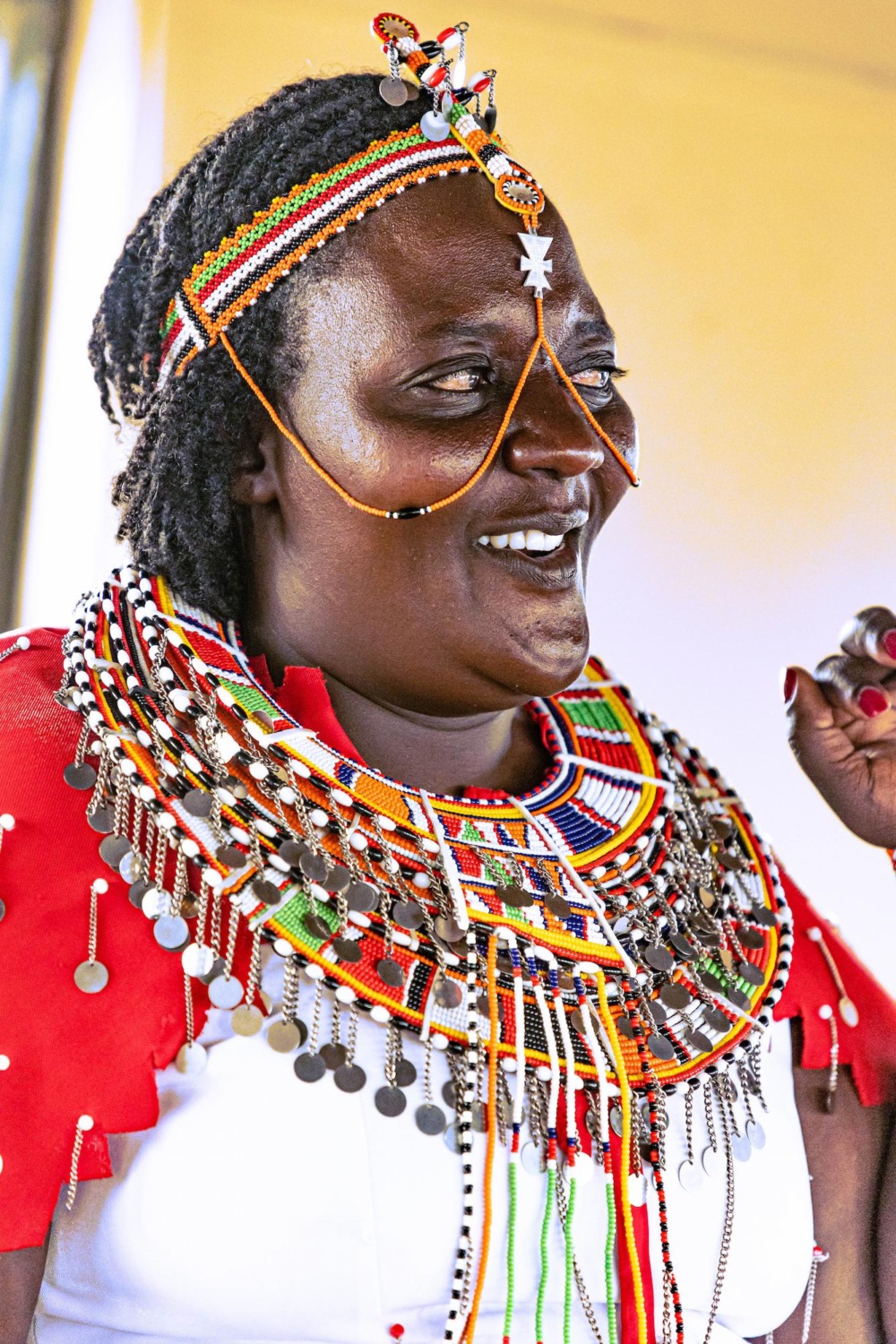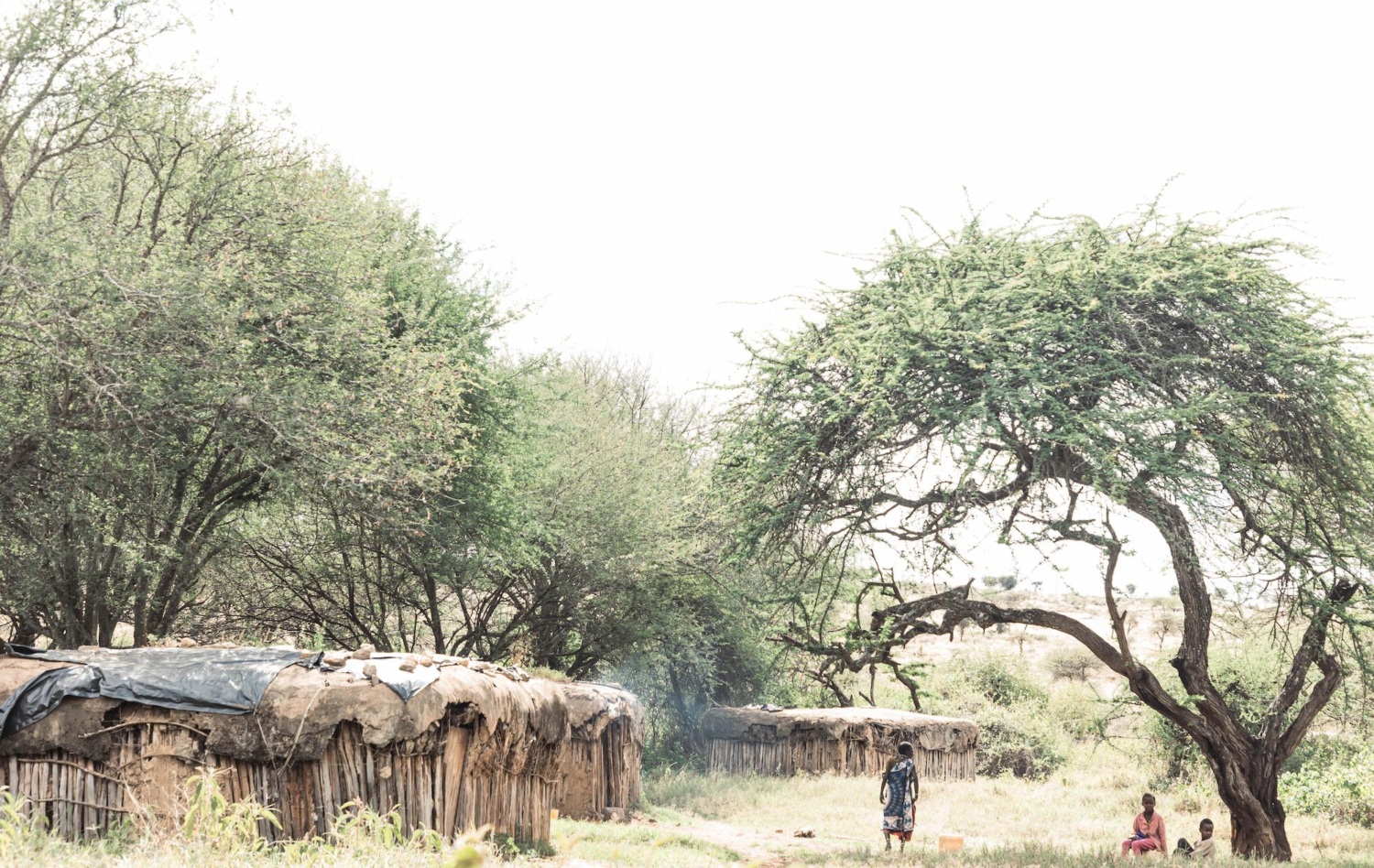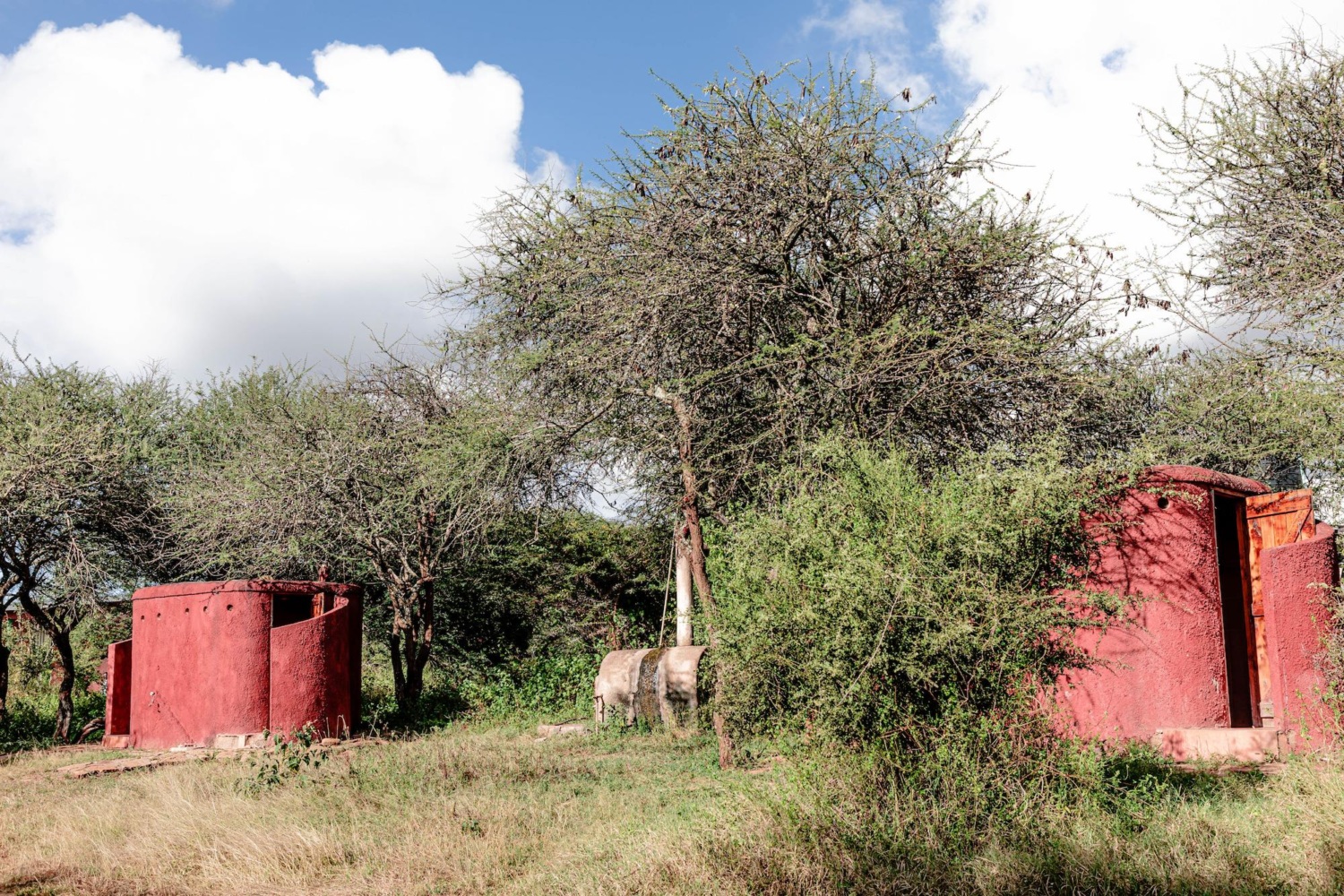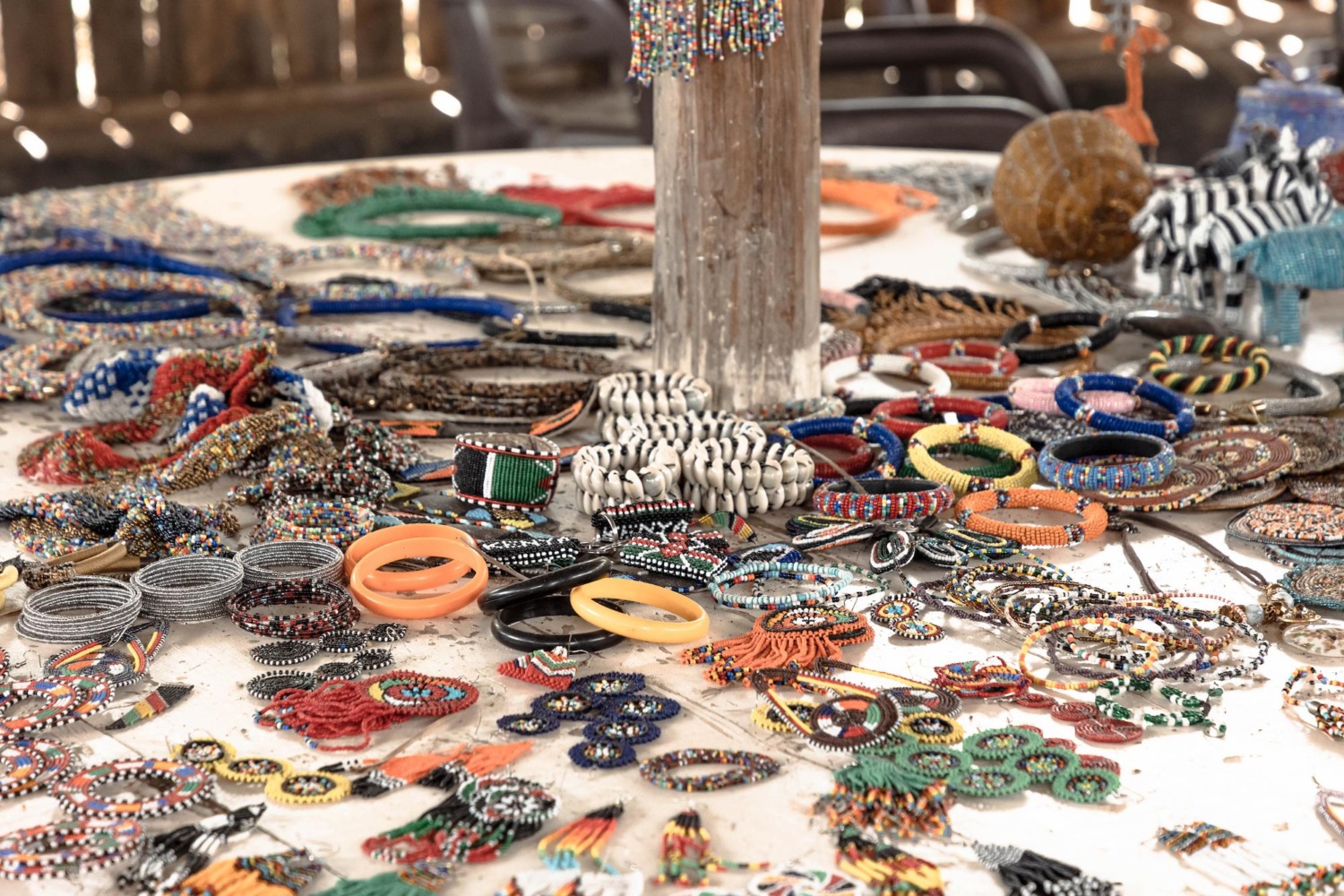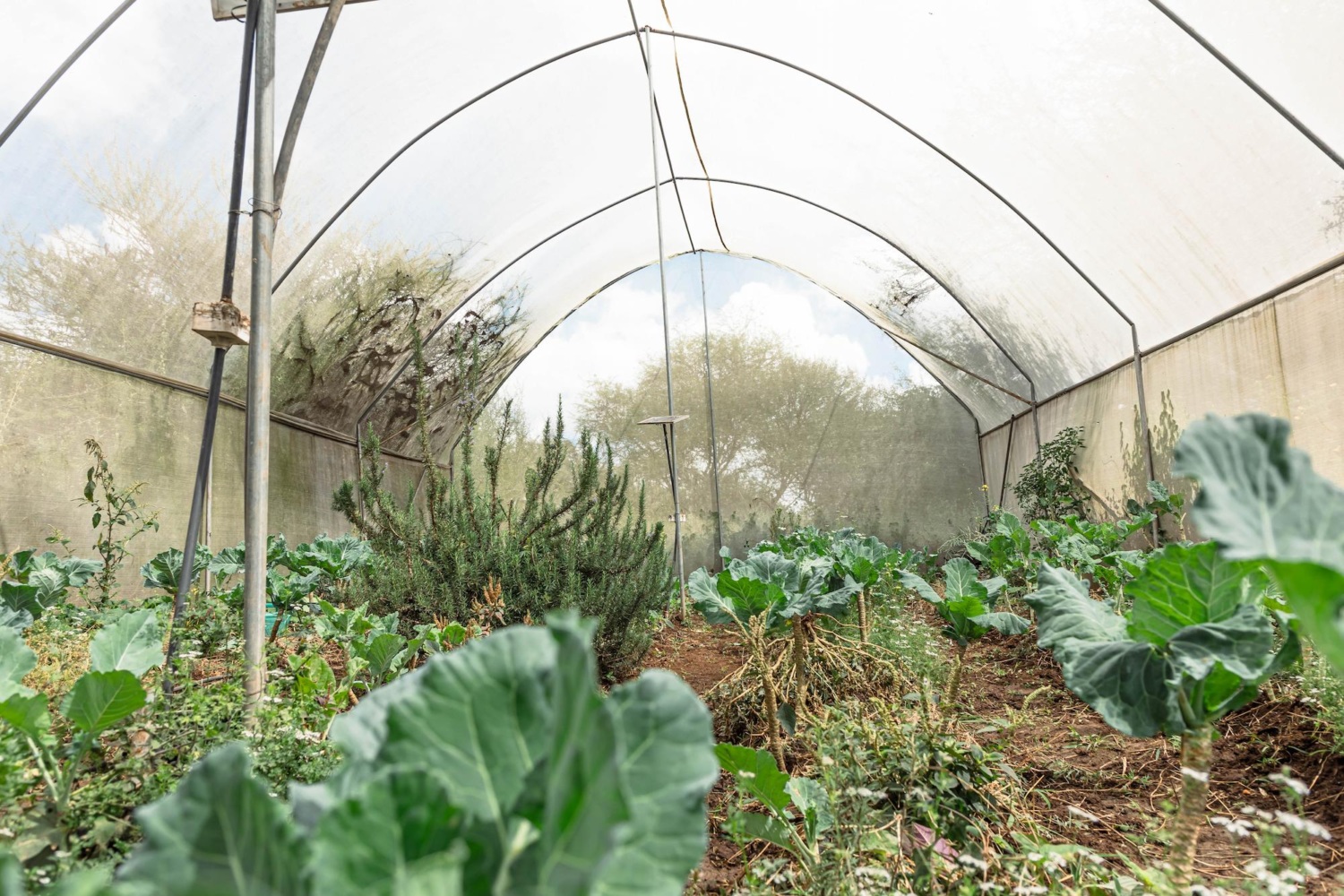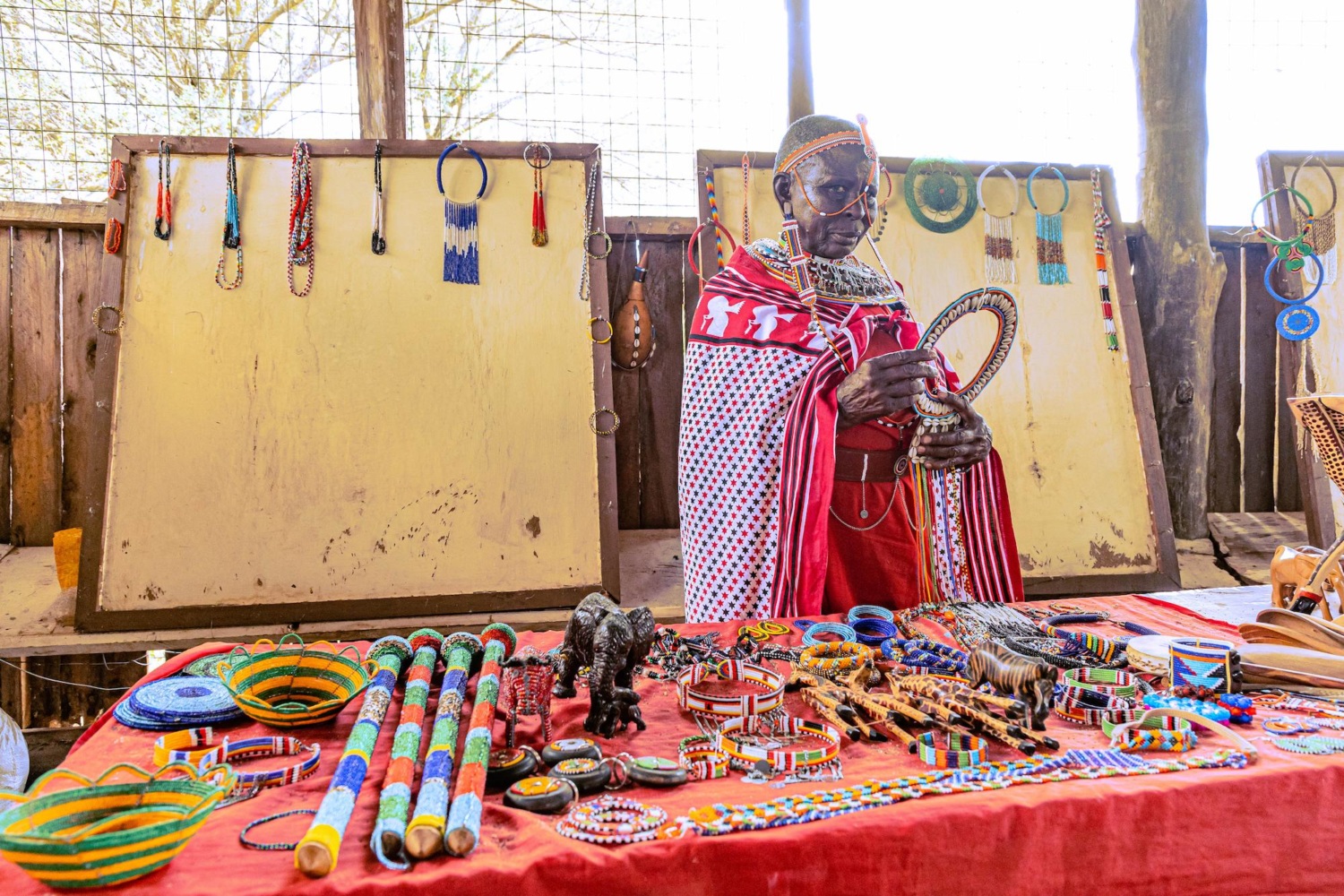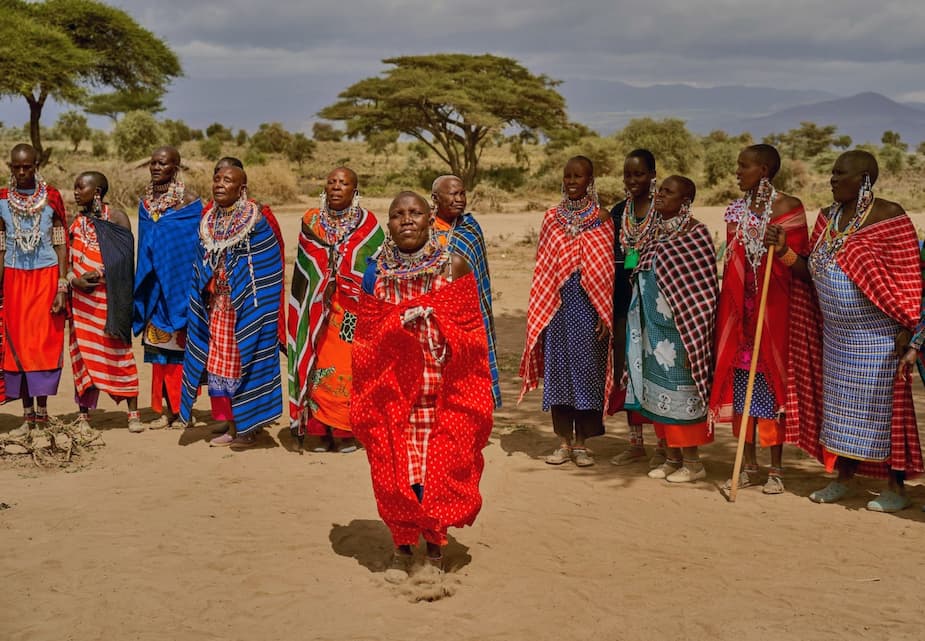Rosemary Nenini is a busy woman.
One of the founding members and manager of the Twala Tenebo Cultural Center, a collective owned and operated by a Maasai women’s group now comprised of 203 women, her life is completely dedicated to helping other Maasai women.
“I chose the name of this center because Twala means ‘bell ringing, wake up,'” she explained while showing the area that has become a true place of healing. “And Tenebo means ‘togetherness.’”
Located in the Laikipia region of northern Kenya, Rosemary worked to form six groups of women in 2004 that would work together towards three primary objectives.
“We have a beautiful Maasai culture,” she explained. “But we need a way to care for our children’s education, we must stop FGM (Female Genital Mutilation), and we need to stop arranged marriages.”
The way Rosemary sees it, “The only way to stop these culturally harmful practices is for women to become economically empowered. And first we needed land to make this work.”
So, in 2007, after managing to have herself heard at a men’s meeting, her women’s collective was given five acres of land that included a traditional pastoralist settlement.

By the end of that year, it would grow to 40 acres.
Having the land empowered them.
Long before this, however, Rosemary’s path was fraught with challenge. At 16 years of age, just after she finished high school, she was placed in an arranged marriage.
“The day I married I didn’t want it. I was booked for marriage by 14 men, and it was the men who decided who I would marry. Does my family hate me? Why am I just being given away,” she asked, while holding her arms out in exasperation to make her point. “I realized this happens to so many other girls, not just me. And I questioned FGM. I didn’t want my girls to go through that. How can I stop this?”
For the first years of her working in the collective, Rosemary was beaten regularly by her husband for going outside of the cultural norms and doing things that were far beyond what was normal for a traditional Maasai woman. As her work progressed, she would receive death threats and become shunned by her village for doing her work to help other women.
But then a pivotal moment occurred.
Rosemary’s husband never completed primary school because he had to withdraw to look after his family’s cattle.
“I asked him, do you want that for your son?”
He said he did not, so they bonded over their love and caring for their son. After this, Rosemary’s husband began to support her publicly around her working for other Maasai women.
She was quick to say that while she thought her story was rough, it wasn’t when she compared it to other women she would encounter. Nevertheless, she did not want other Maasai women to experience the hardships she had lived through.
Every Maasai woman has a story to tell. We are raised so boys are given more time to relax, while girls have little time because they are collecting firewood, water, washing utensils, and all sorts of other chores.Rosemary Neneni
Now she teaches women to teach their boys to help with these chores and share the work, an education that is changing the culture in a good way, just like the other work she is doing with women.
“We teach the boys this,” she added. “This way they know eventually they will have a partner that will be grateful for their help. For a community to change, you need someone from within the community to do it.”
With her aim of gathering women together to share ideas and begin to help one another well underway, she knew the next step was generating income. Rosemary made sure all the women had chickens, so they had eggs and birds to feed themselves with, as well as to sell for money.
“We started selling eggs for kid’s school supplies, soap, and body oil for the ladies,” she explained. “Then we started regenerating the land here, planting Indigenous trees, and using them for all their medicinal qualities. Next, we planted aloe to control the soil erosion that was happening.”
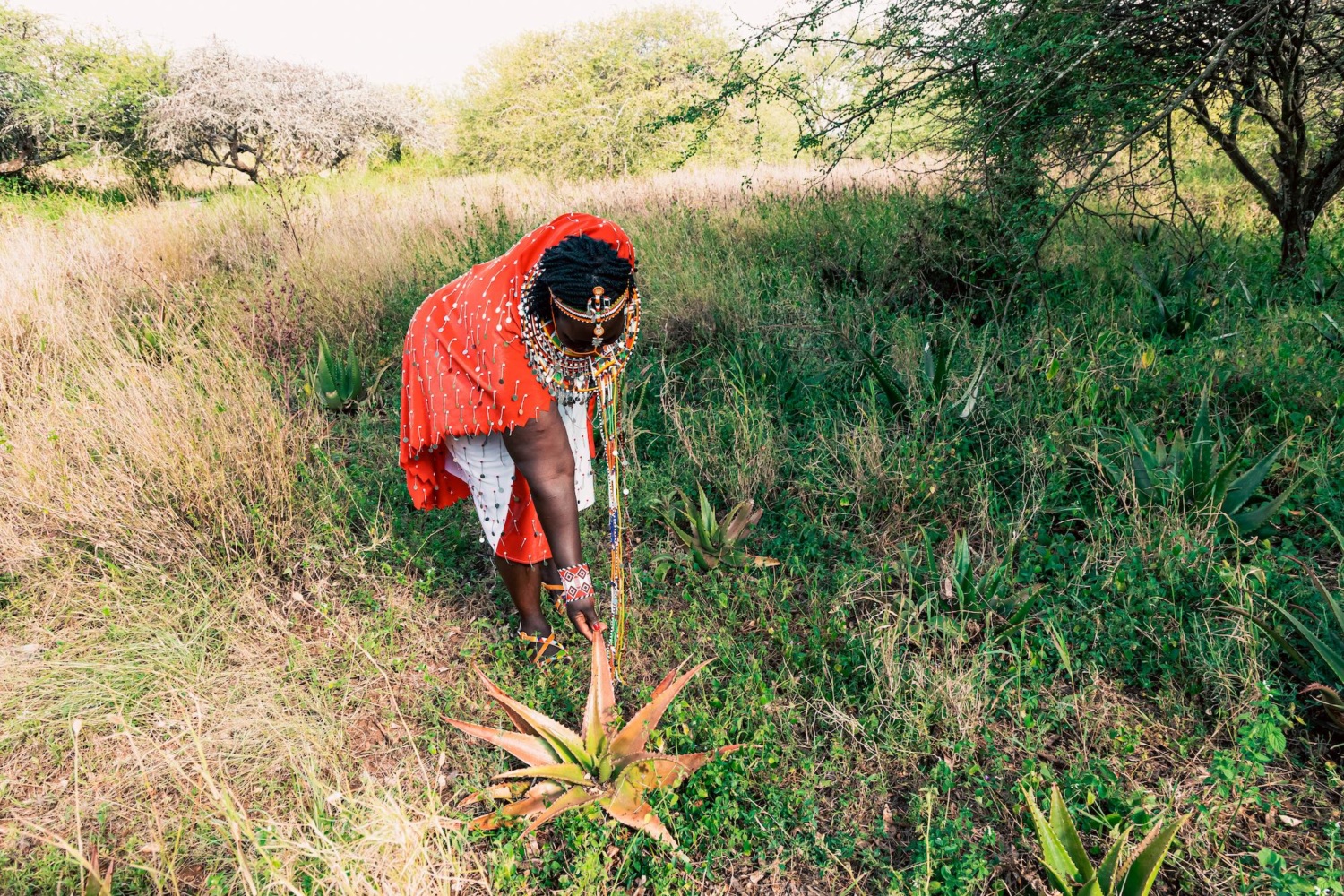
There are also plans to use the aloe to make soaps and shampoos that Twala will sell commercially. Even the fruit from prickly pear cactus growing on the land are being used to produce biogas that is used for cooking.
The Indigenous Movement for Peace Advancement and Conflict Transformation (IMPACT), one of Home Planet Fund’s seven partners in East Africa, worked with Rosemary in many ways, including helping her get 120 bee boxes. These are now placed around the land to keep elephants away, as the huge animals are afraid of bees.
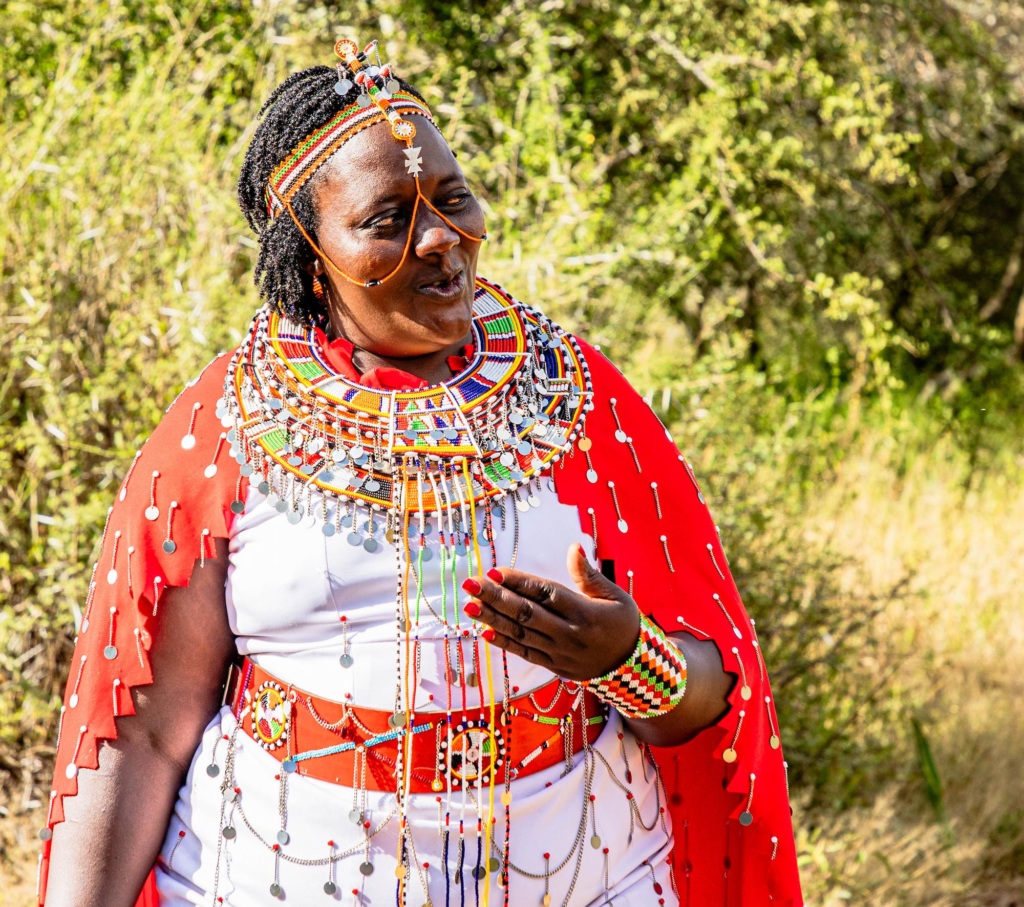
Additionally, each woman has her name written on a hive. It is hers to inspect, clean, and harvest the honey. The beekeeper then takes some of the honey for herself, and the rest is sold commercially for income for both her and the center. In this way, each woman also becomes an experienced beekeeper.
“This also inspires ownership and responsibility,” Rosemary added as matter of fact.
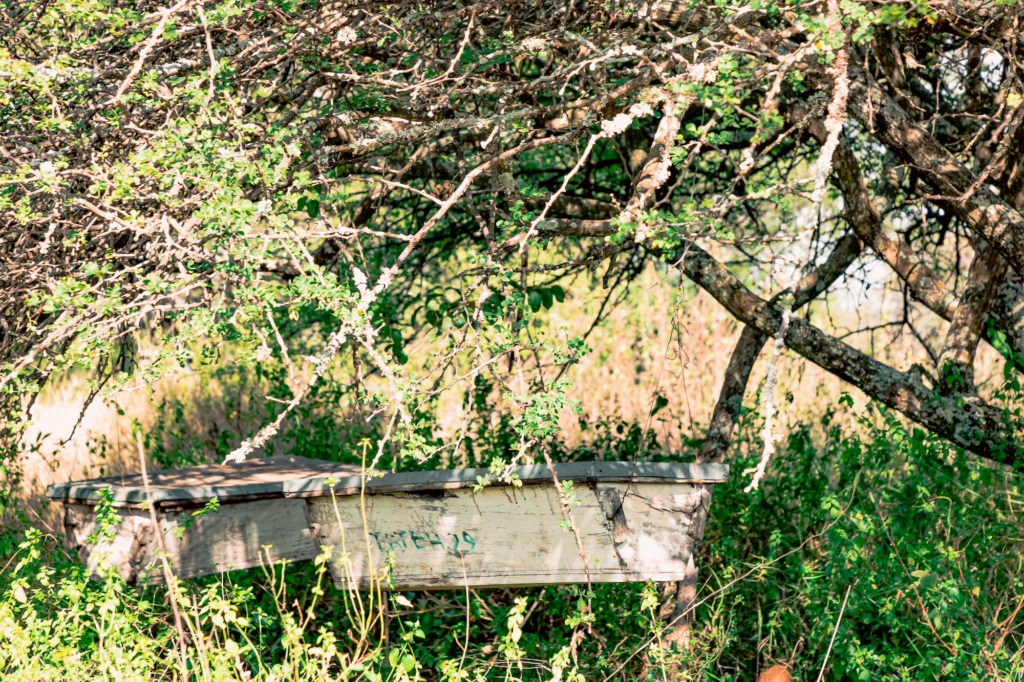
The collective also runs accommodations that are rented to tourists, and they lease their meeting facility to local and international organizations. The women offer educational and cultural experiences for visitors by way of Indigenous plant and baboon walks, all of which generates income for the collective.
The women at Twala also care for abused girls, tend to elderly women who do not have income, support girls in going to schools, and aid those in their community who are in need.
Rosemary went on to explain that 2009 was the hardest year for her. Her life was in danger, as many men accused her of being against their traditional culture. “Young girls were coming to my home because they didn’t want to be cut,” she explained.
There were three women in Rosemary’s village who performed the surgery for FGM. Two of them ended up stopping, and the third ran away.
Joyce Mamai, now 74 years old, was one of the women who stopped performing FGM on young girls. She joined the center, and went on to help Rosemary take care of her own children during the most trying time of her life.Today, Joyce lives at the center and is heavily involved in beadwork and other income-generating activities.
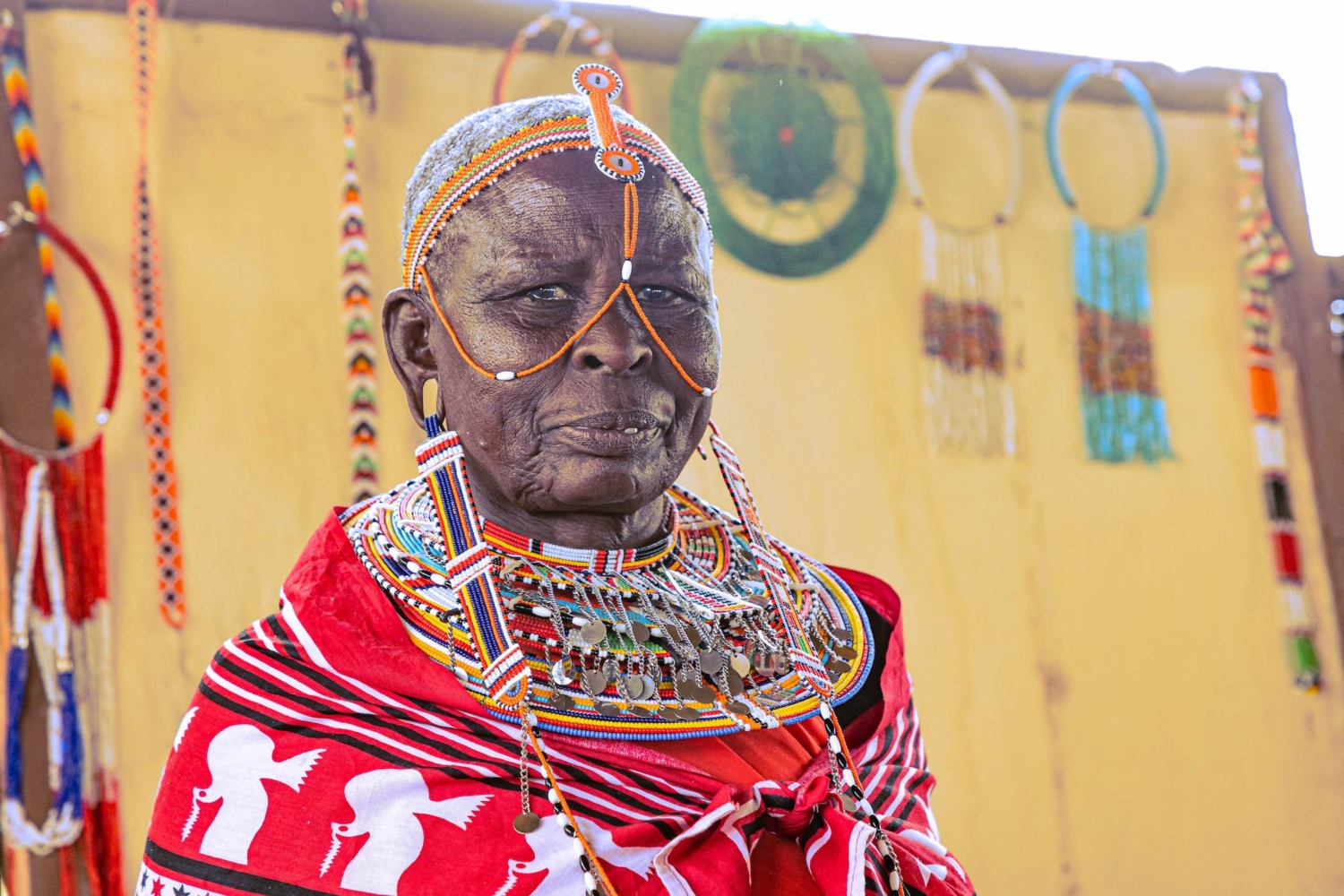
Art, crafts, and intricate beadwork is also made by other members and sold commercially.
An alternative rite of passage to cutting is needed.Rosemary stated flatly.
Of all the profits generated by the collective, 70% are shared as dividends for the members (203 members at the time of this writing), 20% goes to salaries, and 10% towards girls’ education.
It is also worth noting that men are allowed on the property by invitation only.
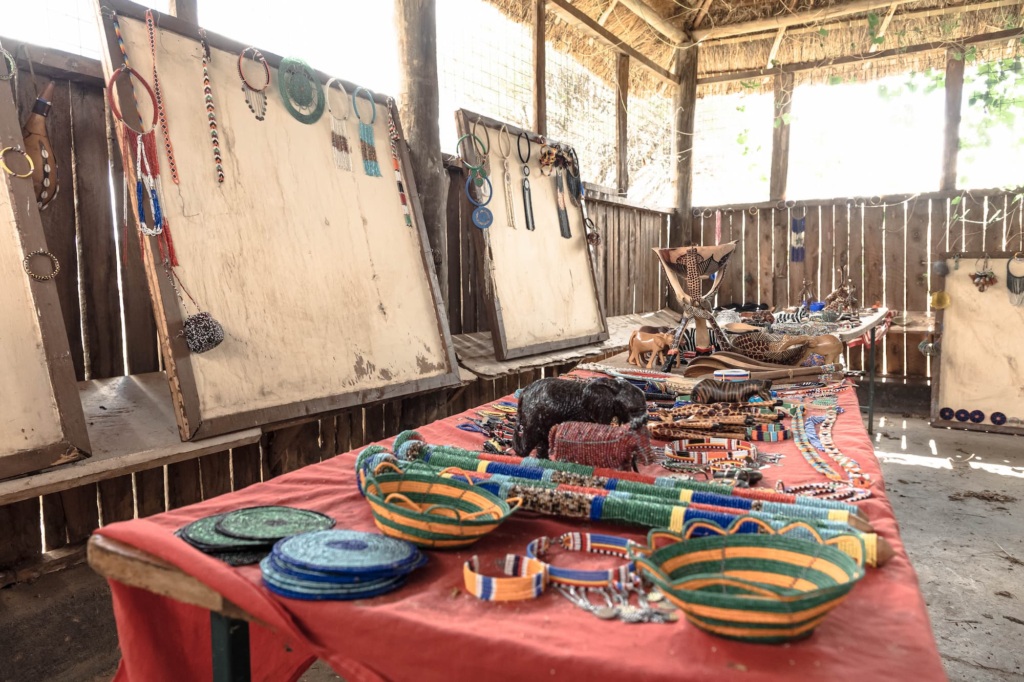
The feeling on the land is that of peace. The area is filled with birdsong, the wind wafts gently through tree leaves, and quiet pervades.
While only four women live at the center full time, the other 199 in the collective come every week to attend meetings, talk with one another, and tend to their work responsibilities. Each member of the collective has the right to vote and be elected to positions within the group.
Membership is growing, and women are coming from Tanzania and Uganda to learn how to become economically empowered like the women at Twala. Rosemary hopes other centers will open by using this one as a model, which also teaches financial literacy to all the women in the collective.
“Once we became economically empowered, men started including us in the decision-making,” Rosemary said with a smile, as her eyes widened, while giving a wink. “Most of our men have agreed to start getting their children into school.”
Other forms of income generation come from a large greenhouse where organic vegetables are grown, including using only organic means of pest control like aloe sap, cow urine, and hot pepper. Everything grown in it is eaten by the women at Twala, and the extra is sold as another source of income. The greens also provide a source of protein when their family’s cattle are away with the men following the cycles of the rains across the land.
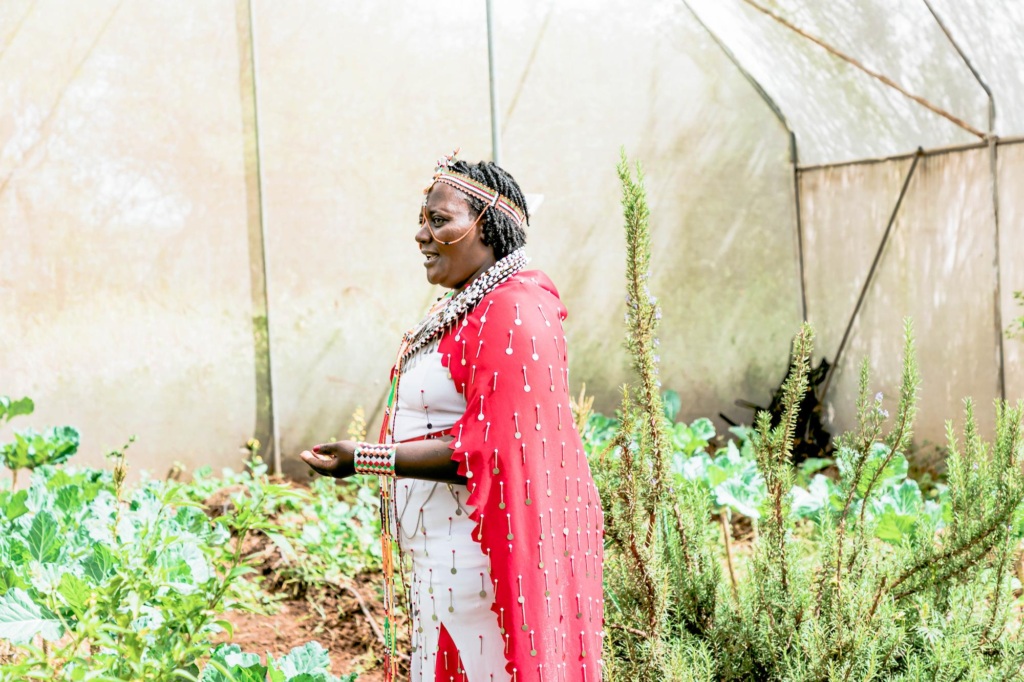
A cricket project is also underway. Rosemary excitedly shows boxes full of crickets at various stages of life: from eggs to baby crickets to adults. The crickets will be sold for food as a solid protein source, turned into biscuits, and used to feed their chickens.
With environmental degradation progressing and seasonal weather patterns becoming increasingly unpredictable, when there is not enough milk from the livestock, crickets are one of the collective’s many ways to adapt and become increasingly resilient. They will also provide yet another consistent source of income for the collective.
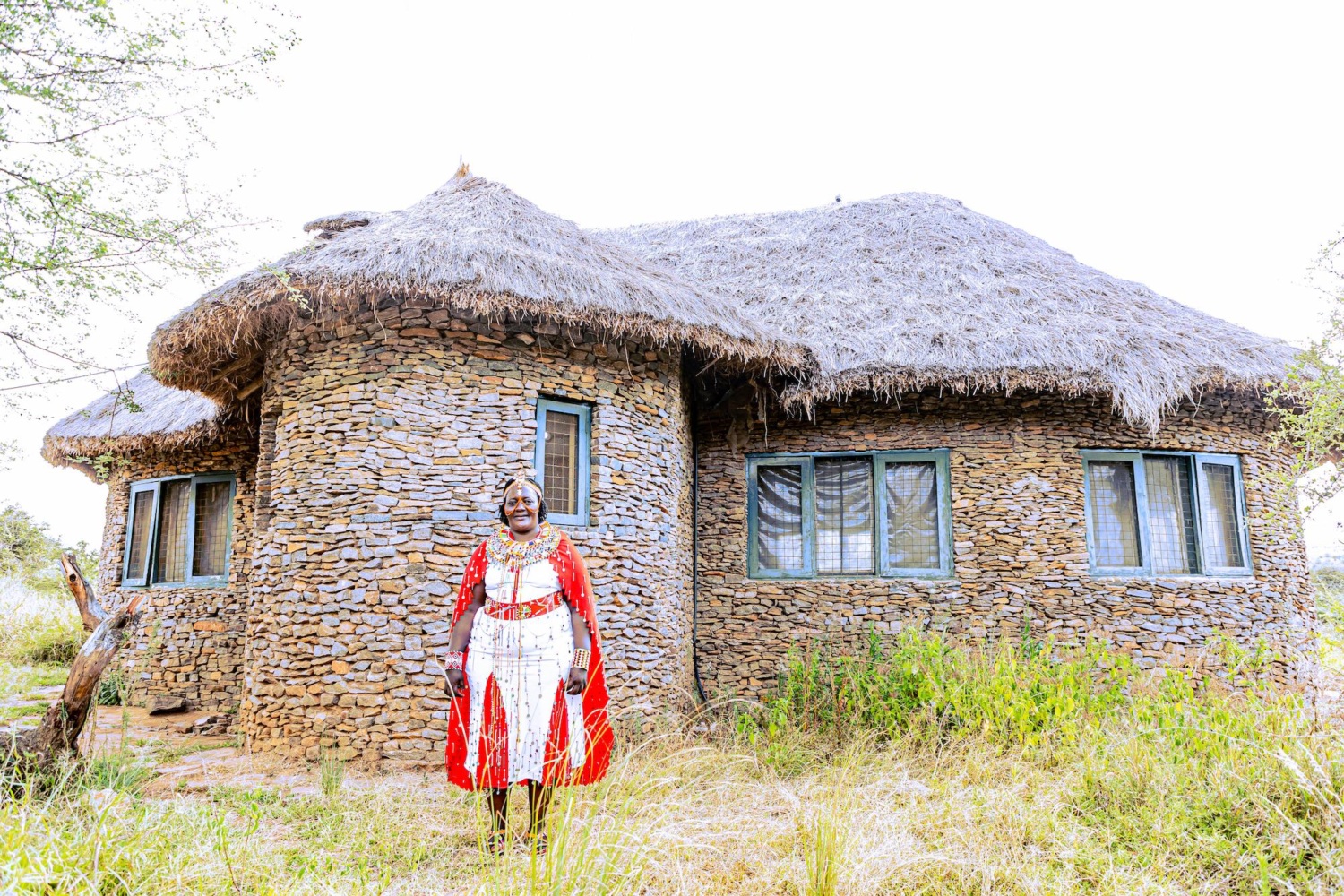
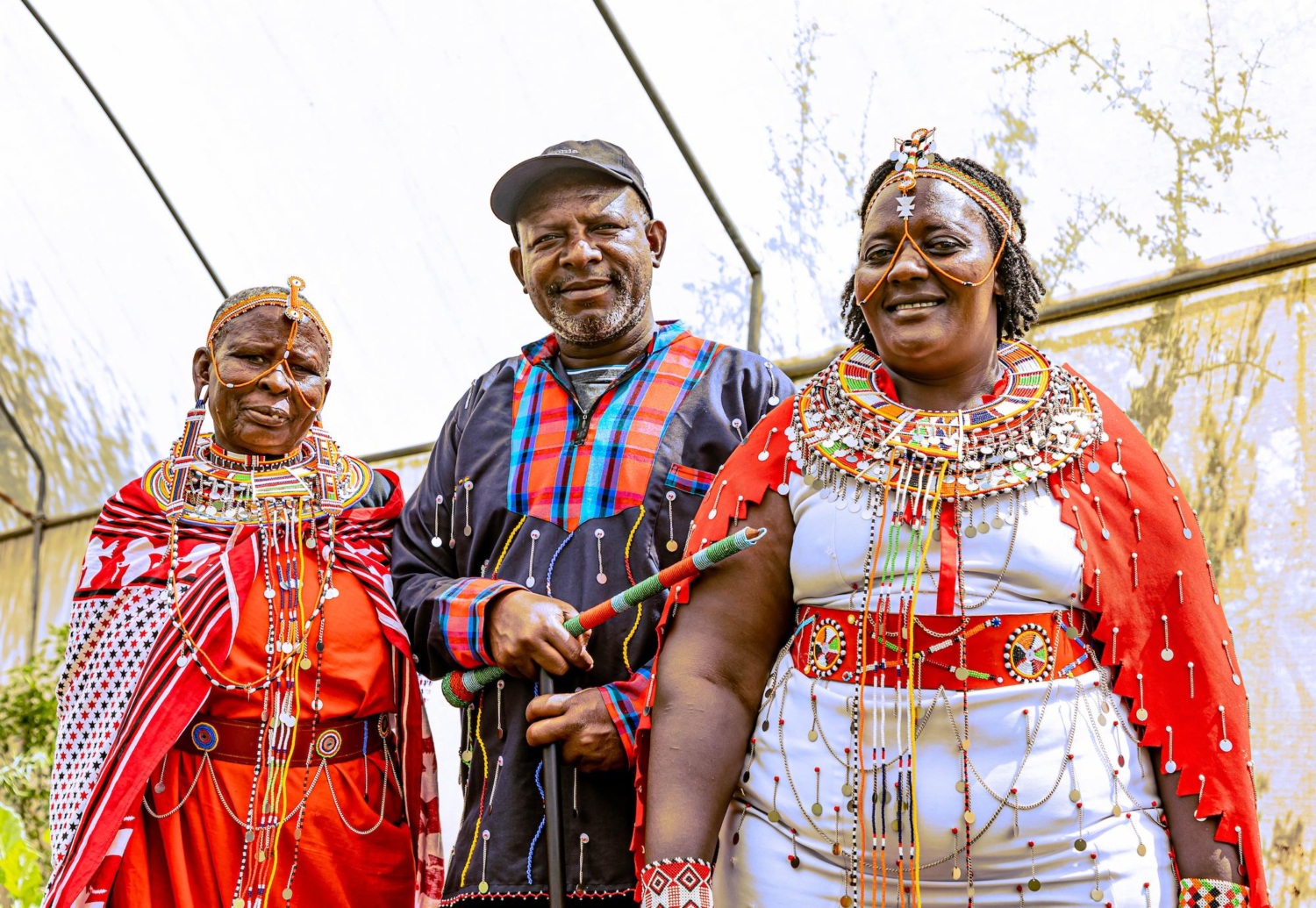
With help from IMPACT, the center is able to sponsor 22 girls to go to school, and children are coming from all over for their help.
“Sometimes I wonder how to keep going, with all the needy children. But then someone comes and thanks me, and that is enough,” Rosemary added, almost as an aside.
The center has also started offering family planning services. “Many men don’t like this,” Rosemary stated, “But the women do.”
Rosemary explained all of this while showing the projects around the land of the collective. At this point she looked west towards the aloe farm, then slightly north to a group of bee hives.
After thinking for a moment, she looked me in the eye and said calmly, yet firmly:
To be a good leader, one must become a very good listener.Rosemary Neneni
Today all three of Rosemary’s children are in school. Her boys do the same work in their home as the girls. After stating this, she smiled and said, “Lead by example.”
Rosemary was asked how she found the courage inside herself to do what she has done for all the women her center is helping.
“As a child I was always stubborn. I insisted I go to school and found the school for myself.”For the first four years of her schooling, she was the only girl in her classes.
“I want girls to have what I was denied,” she stated firmly.
So far, the Twala Center has sent more than 500 young Maasai women to school and assisted them in a myriad of other ways – allowing these young women to have exactly what Rosemary was denied.
